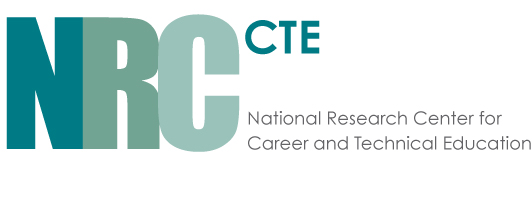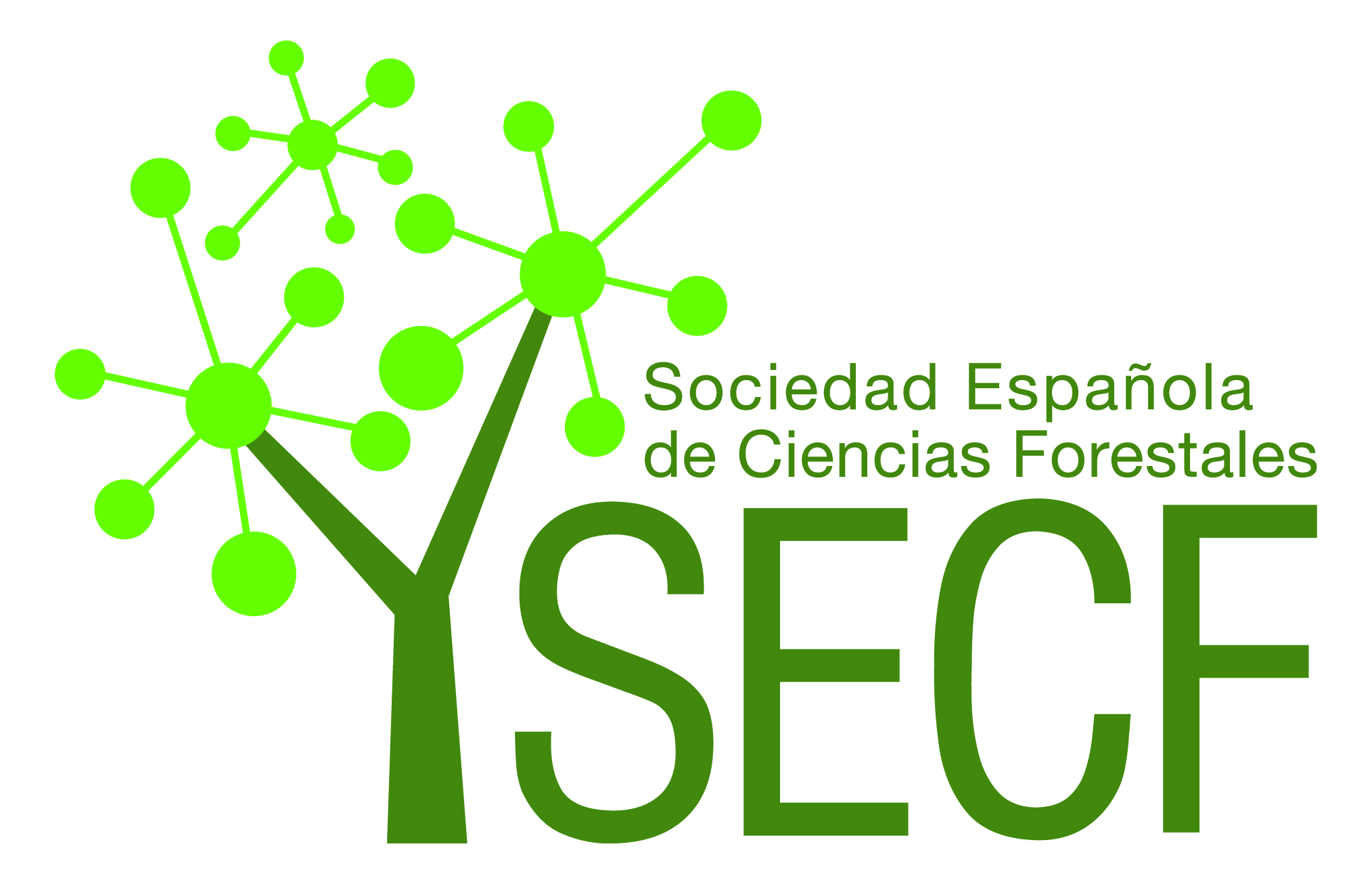SHERRI ROUSH 14 DECEMBER 1997 DEPARTMENT OF PHILOSOPHY DISCOVERY
APASHERRI APAJOKE REV CHK REVISED 100607 CHAPTER 24RAISING EMPLOYEE MORALE BY KELLY SHERRILL WHAT INITIATIVES
SHERRI ROUSH 14 DECEMBER 1997 DEPARTMENT OF PHILOSOPHY DISCOVERY
SHERRIE CHUNG PRESIDENT CALLING WATCH WORD ARC STASIS
SHERRINGTON PARK MEDICAL PRACTICE TRAVEL QUESTIONNAIRE THANK YOU FOR
The Heuristic Aspect of Transcendental Arguments
Sherri Roush 14 December 1997
Department of Philosophy Discovery and Creativity, Ghent
Harvard
University Page
The Heuristic Aspect of Transcendental Arguments
ABSTRACT
The main purpose of this paper is to point out and discuss the fact that transcendental argumentation has a heuristic potential. Transcendental arguments are familiar to philosophers of the Kantian and later traditions as a peculiar form of argument whose main usefulness lies in answering skepticism. It is controversial just how successful such an argument can be in this endeavor, and in what way, precisely, a transcendental argument is to be understood as different from a straightforward piece of deductive reasoning. But though it has been difficult to capture theoretically just how a transcendental argument differs from deductive reasoning, that there is a difference remains generally recognized.
A ‘definition’ of transcendental argument which is clear enough for my purposes, and captures a host of examples, is that it is an argument whose crucial premise takes the form of a claim that such-and-such is a necessary condition for something epistemic: for experience, for knowledge, for reference, for language at all. I argue, to the contrary of a tradition in analytic philosophy which sees transcendental arguments primarily as answering skepticism, that an argument which takes this general form has two sides; not only does it provide us reassurance about certain things, it also produces newfound skepticism about others. I confirm this with the example of Kant’s own reasoning to the notion of a ‘thing-in-itself’.
It is in the side of transcendental argumentation which produces skepticism that we find the heuristic aspect of this style of reasoning. Entertaining or reflecting upon the necessary conditions for one’s enterprise of knowing naturally produces a notion of how things may be apart from those conditions. In many cases this notion constitutes awareness of the possibility that things in general may be quite different from the way they are (for good reason) taken to be. The production of this notion is thus a discovery, albeit an indeterminate discovery of a possibility which has yet to be filled in, or its actuality confirmed. In the case of Kant’s thing-in-itself, certain special assumptions dictate that the possibility can never be filled in or its actuality confirmed--we can never know things as they are in themselves--but this is not the case with all transcendental reasoning.
An example in which the possibility can be investigated further occurs in Weak Anthropic reasoning, which I have argued elsewhere is best understood as a case of transcendental reasoning naturalized in a peculiar way. In this reasoning we reflect on the claim that, for example, galaxies are a necessary physical condition of the world for observers like us to be in the world knowing it, from which it follows that any observation of the heavens by observers like ourselves are highly likely to show the existence of galaxies. But it also follows from the same claim that if there were regions of the universe, or even other universes, in which there weren’t galaxies, we would not have evolved there to observe the fact. These reflections change our perspective in such a way that though we do in fact see galaxies all around us, the idea that galaxies may not be a general phenomenon becomes a theoretical possibility to take seriously. And obviously this possibility is one which can in principle be investigated by physical science.
More mundane examples of related reasoning abound in experimental and observational science. If I reflect on my means of gathering evidence and discover that those means have been selective, I thereby discover that the phenomenon in question may take forms other than those I’ve seen. If I reflect on the fact that my animal traps are of a particular size, I thereby discover that if there were animals much bigger, my traps would not have caught them. Such inferences are not always merely corrective, since reflections on the means one has used to observe do not always concern matters whose relevance to the phenomenon in question we are certain of. A well-trained scientist need not expect that the fact that her traps are blue makes any difference to the evidence she gathers. Yet reflection on the color of her traps could turn up the possibility that a certain type of animal, with a powerful aversion to blue, is escaping her investigation. I call these examples only ‘related’ to the transcendental reasoning above, rather than the same, because there is probably not a strong sense in which the means of gathering evidence on a particular occasion were necessary. The similarity lies in the fact that the inference turns on reflecting on what went in to our epistemic activity of gathering the evidence about the world.
A piece of reasoning related in a different way occurred when Thomas C. Chamberlain inferred from the strength of the evidence for Darwin’s theory, and from its implication that a necessary condition for complex life forms to have evolved was that the Earth be much older than expected, and the Sun have burned much longer than physicists knew how to explain, that the physicists had yet to discover some high energy processes, and that those processes would probably be in the interiors of atoms, since that is what physicists knew least about. Exactly such processes were of course charted some forty years later. Chamberlain’s reflections on necessary conditions (though not necessarily conditions for knowledge) turned up an indeterminate possibility, the details of which, and the actuality of which, could of course only be discovered and confirmed through further investigation.
Thus, I claim that transcendental reasoning, and even its component parts applied separately, have a significant heuristic potential. One cannot robustly entertain every logical possibility in every investigation. The transcendental reasoning I have discussed involves reflections which can alter one’s perspective in such a way as to make what were only very remote possibilities into potentially serious and relevant ones.
Tags: december 1997, roush, sherri, department, december, discovery, philosophy
- ПРИЛОЖЕНИЕ 4 ПРИМАРУ (МУНИЦИПИЙГОРОДКОММУНАСЕЛО) (ФАМИЛИЯ ИМЯ) РАЗРЕШЕНИЕ
- WIEF PRESS CONFERENCE STATEMENT BY THE MINISTER OF STATE
- (VAŽEĆI) NA TEMELJU ČLANKA 35 ZAKONA O LOKALNOJ I
- CONSTRUCTION DU SIEGE DU MINISTERE DE L’ECOLOGIE ET DE
- WRHA DIET CRITERIA FOR MENU DATABASE DIET TYPE CONTROLLED
- GUIA DE RECOMANACIONS PER A LA PLANIFICACIÓ I LA
- REQUEST TO PERMANENTLY TRANSFER SPONSORED PROJECT EQUIPMENT WITH RESEARCHER
- MATEŘSKÁ ŠKOLA „ČTYŘLÍSTEK“ TŘEBÍČ KUBIŠOVA UL PŘÍSPĚVKOVÁ ORG MINIMÁLNÍ
- PALABRAS DEL PRESIDENTE DE LA FUNDACIÓN UNIVERSITARIA DE LAS
- LA CAZA DEL SNARK LEWIS CARROLL LA CAZA DEL
- FIGHT TO SAVE IHSS AS YOU KNOW THE GOVERNOR
- THE UNIVERSITY OF CALIFORNIA DAVIS HEALTH HEALTH CONTRACTS
- RECHERCHE DE LA LONGUEUR DEVELOPPEE D’UNE PIECE CINTREE EN
- ILAN STAVANS LEWISSEBRING PROFESSOR IN LATIN AMERICAN AND LATINO
- GUIDELINES FOR RECRUITING PARTICIPANTS BY MEANS OF A POSTER
- APPENDIX I USING THE MY WORLD TRIANGLE IN ASSESSING
- USE INDIVIDUALLY BUT PLEASE DO NOT REPRINT ENTIRE COLLECTION
- ACTA DE LA SESSIÓ EXTRAORDINÀRIA DE L’AJUNTAMENT DE LA
- REGLAMENTO XXVI EDICIÓN CARRERA INTENACIONAL LA PAZ 2 DE
- AHRC2868 UNITED NATIONS AHRC2868 GENERAL ASSEMBLY DISTR GENERAL 5
- 14 PRITARTA ŠIAULIŲ LOPŠELIODARŽELIO „ŽIRNIUKAS“ TARYBOJE 2020 M VASARIO
- Y OUTH LEADERSHIP RETREAT GROUP REGISTRATION FORM ALL NUMBERS
- COLOCATED CTR PROGRAM TEMPLATE COLOCATED COMMUTE TRIP REDUCTION PROGRAM
- SUPPLEMENTARY INFORMATION SNO2DOPED ZNOREDUCED GRAPHENE OXIDE NANOCOMPOSITES SYNTHESIS CHARACTERIZATION
- THE WEST BENGAL VALUE ADDED TAX RULES 2005 FORM
- EL SALVADOR WTTPRS226 PAGE 11 IECONOMIC ENVIRONMENT (1)OVERVIEW
- TRANSLATION ATTACHMENT 1 DETAILS OF MANAGEMENT AND
- OBJETIVOS ESTE PROYECTO HA SIDO DISEÑADO PARA DOTAR A
- SIGNOS VITALES CONCEPTO SON LOS FENÓMENOS O MANIFESTACIONES OBJETIVAS
- PREPARACIÓN PARA APLICAR LA NUEVA DIRECTIVA DE LA UE
 LIBRAMIENTO HERMOSILLO CONCURSO PÚBLICO INTERNACIONAL NO 0000907600115 FORMATO PARA
LIBRAMIENTO HERMOSILLO CONCURSO PÚBLICO INTERNACIONAL NO 0000907600115 FORMATO PARAYOURE RIGHT THE GLOSSING CONVENTIONS CHANGED (THE PROGRAMMER PROGRAMMED
KOMUNIKAT DLA OSÓB ZAKWALIFIKOWANYCH DO ROZPOCZĘCIA SPECJALIZACJI W TERMINIE
 FORMULIR LAMARAN KERJA APPLICATION FORM FORMHR00103R2 POSISI YANG DILAMAR
FORMULIR LAMARAN KERJA APPLICATION FORM FORMHR00103R2 POSISI YANG DILAMARValentino Rossi Considerado Como el Mejor Piloto de la
 MATHINCTE LESSON PLAN TEMPLATE LESSON TITLE BRAKE ROTORS LESSON
MATHINCTE LESSON PLAN TEMPLATE LESSON TITLE BRAKE ROTORS LESSONOFÍCIO A CÂMARA DE VEREADORES REQUISITANDO INFORMAÇÕES OF
 HTTPWWWSECFORESTALESORG III REUNIÓN CIENTÍFICA DE SANIDAD FORESTAL MADRID 7
HTTPWWWSECFORESTALESORG III REUNIÓN CIENTÍFICA DE SANIDAD FORESTAL MADRID 7 P REGUNTAS FRECUENTES CERTIFICADO DE DISCAPACIDAD C ERTIFICADO DE
P REGUNTAS FRECUENTES CERTIFICADO DE DISCAPACIDAD C ERTIFICADO DEZOZZP38229ODP116 STRZYŻÓW DNIA 20170118 DOTYCZY PRZETARGU NIEOGRANICZONEGO NA DOSTAWĘ
7 CINCO LECCIONES SOBRE LA LIBERTAD ANTONIO MILLÁN
THE BOOK OF HEBREWS THE SON IS BETTER THAN
NORMA DE CALIDAD PARA LA COMERCIALIZACION DE SOJA NORMA
 FACULTY PROMOTION FORM ITEMS 1 AND 2 OF THIS
FACULTY PROMOTION FORM ITEMS 1 AND 2 OF THISLES 113 PREMIERS SIGNATAIRES AUFFREVILLE DENISE REBOURS (PCF) BONNIÈRES
PROBLEMAS DE EQUILIBRIO QUÍMICO SEA EL SISTEMA EN EQUILIBRIO
 T C İSTANBUL GELİŞİM ÜNİVERSİTESİ MESLEKİ UYGULAMA STAJ FORMU
T C İSTANBUL GELİŞİM ÜNİVERSİTESİ MESLEKİ UYGULAMA STAJ FORMUPHONICS GUIDANCE FOR HEARING IMPAIRED CHILDREN IN MAINSTREAM SCHOOLS
 М 8 ФОРМИРАЊЕ И ПЛАСМАН ТУРИСТИЧКИХ ПУТОВАЊА С
М 8 ФОРМИРАЊЕ И ПЛАСМАН ТУРИСТИЧКИХ ПУТОВАЊА СCENTROS DE PRÁCTICAS EXTERNAS CUARTO CURSO GRADO DE LOGOPEDIA